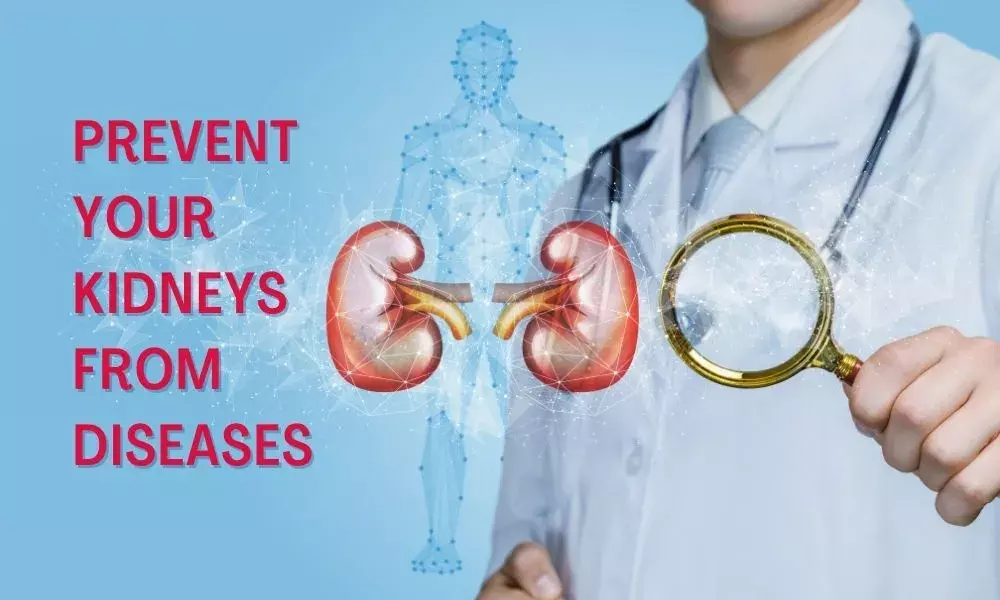Sometimes, we experience frequent muscle pull and pain in our bones. Well, these pains may be an indication of some sort of deficiency that we might be suffering. Brittle bones are a common indication of a deficiency of calcium, which is one of the cardinal requirements of our bone structure.
Importance for calcium
Calcium is one of the most vital minerals associated with healthy bones and teeth. This mineral plays a crucial role in blood clotting, helping muscles to contract, and regulating normal heart rhythms and nerve functions.
Calcium Deficiency
When the calcium levels get low, it is clinically known as hypocalcemia. Calcium deficiency can manifest in various ways beyond weak bones. Here are five symptoms of calcium deficiency to be aware of:
Five Signs that Indicate Calcium Deficiency
-
Numbness and Tingling Sensations: Calcium deficiency can affect our nervous system, leading to sensations of tingling, numbness, or pins and needles in the hands, feet, fingers, or toes.
-
Muscle Cramps and Spasms: Calcium plays a vital role in muscle contraction and relaxation. Inadequate calcium levels can lead to muscle cramps and spasms, particularly in the hands, feet, and facial muscles. These cramps can occur during physical activity or even at rest.
-
Nail and Skin Problems: Calcium deficiency can manifest in brittle nails prone to break or split. Additionally, the skin may become dry, itchy, or prone to rashes. Adequate calcium levels are necessary for maintaining healthy skin and nails.
-
Fatigue and Weakness: Low calcium levels can contribute to feelings of fatigue, weakness, and low energy levels. Calcium is essential for muscle function, and the contraction of skeletal muscles, and inadequate calcium can reduce muscle strength and endurance.
-
Dental Issues: Calcium also plays a crucial role in maintaining dental health. Insufficient calcium levels can contribute to tooth decay, weak enamel, and an increased risk of developing gum disease. In severe cases, calcium deficiency can lead to delayed tooth eruption in children.
However, these symptoms can also be caused by other underlying conditions or deficiencies. Therefore, it is essential to consult a specialist for an accurate diagnosis and suitable treatment if one experiences calcium deficiency.
The best thing to do is ensure a good calcium intake in our diet. Some sources of calcium include dairy products like milk and cheese and green leafy vegetables. Apart from this, a healthy diet inclusive of calcium-rich food can also help fight the deficiency. One must be careful of what they include and exclude in their everyday meal.





